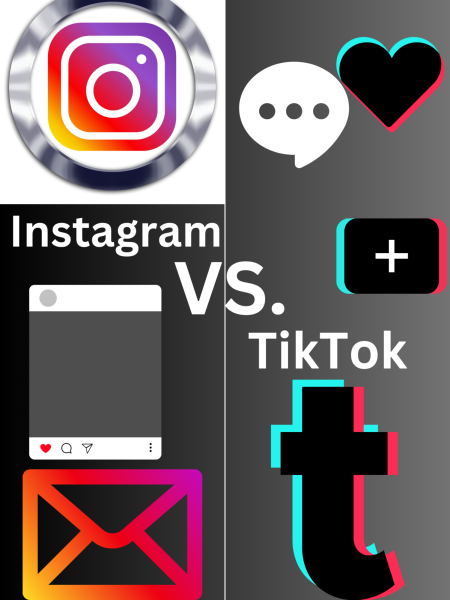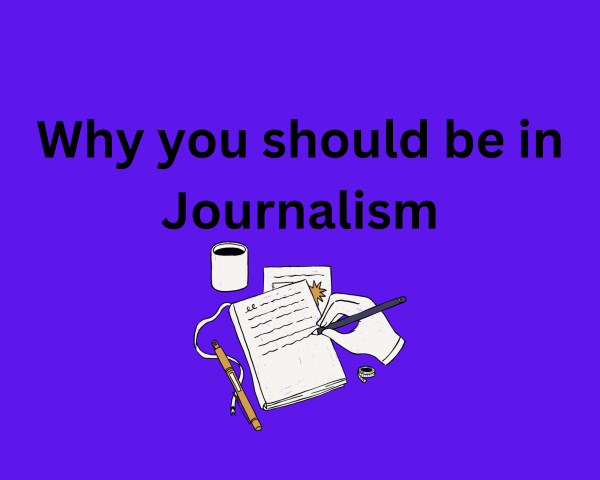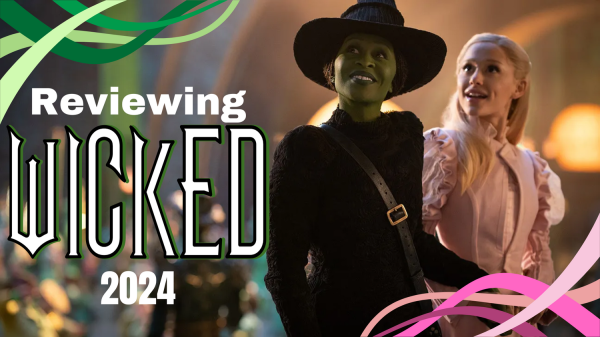Dyslexia through my eyes
Spelling test can be a constant torcher to elementary school students with dyslexia.
I am dyslexic. I didn’t even know how to correctly spell it until a friend told me.
Being dyslexic means I face fears and challenges others have never thought of. It affected me throughout elementary and middle school, but also in high school as well. A lot of people never could imagine the struggles I face. In fact most know little to nothing about dyslexia. Dyslexia is a self-diagnosable medical condition of the brain that effects a person’s ability to read, write, and spell.
Forty million Americans are dyslexic, yet only about 2 million know it. There is no cure for dyslexia. It’s a life long condition caused by traits affecting how your brain works. Having dyslexia is not a indicator of a low IQ. Albert Einstein who had an IQ of 160 was dyslexic; reportedly also half of NASA’s employees also are challenged by dyslexia. People who have dyslexia use 5 times more energy in completing a mental task. People with dyslexia are more likely to be gifted in art, design, drama, electronics, math, mechanics, music, physics, or sports. The dyslexic percentage of boys to girls is almost equal.
Spelling Test: Elementary School. Remember the good old days of naps and snacks? For most people school consists of happy memories, but for me it is a little girl staying up at a far too unearthly hour for a five-year-old trying to spell dog not bog for the up coming spelling test in the morning. Spelling test is a phrase that makes me cringe, my palms start to sweat, and I get that pit of panic in my stomach. I was so relieved when I got to middle school to find out it was the end of my spelling test stress.
Memorizing: Although middle school brought the demise of the vicious spelling test, it brought on another challenge: memorization. I’d say I’m a pretty good student usually all A’s and maybe an occasional B, but this kind of studying is not my thing. When middle school came I was given a list of things and expected to be able to test on them the next day. Let’s just say my mind doesn’t work that way at all. A subject I get an A on every quiz could change into getting a C every once in awhile. Thankfully this problem has lessened over the years, by adjusting my study habits.
Right from Left: Occasionally, I actually forget which direction is right and which is left. That is the moment when I hold up both hands, while the world momentarily stops, and panic while I raise my dominant left hand, instinctively, a bit higher than my right. Then slowly the world comes back in to focus. Honestly, I still have to do it every once in awhile.
English 9-Honors: As of being a ninth grader who has taken English 9-Honors I was very unnerved when my first test consisted of an essay, completed by the end of class with no dictionary. The first thought that when through my mind was: the nerve of these high school teachers! The result: worst essay of my life.
Reading Aloud: Something else that is hard for me is reading out loud. In my head I read pretty fast, but I also read the page twice to make sure I didn’t miss or mess anything up. Out loud, however, the speed at which I read is drastically slower because I read every word to myself three times. The pressure builds as I feel all of my peers staring at me to finish the selected material while stuttering trying to correct the errors I make. The feeling of panic intensifies as the urge to rush through the text or to crawl under my desk builds while waiting for the teacher to pass on to the next student.
Cursive: Still on the subject of reading and writing. There is only one thing I can read in cursive: Sydney Jones. My name is it, and if I try to read anything else I see so many possible letters I have no clue what the word originally was. That really affects me by trying to understand what people wrote or what the name of that restaurant/store was.
Left-handed: A reason for my dyslexia is probably that I am left-handed. About 10% of the whole world is left-handed. Doctors predict that being left-handed gives a person a higher chance of dyslexia. The percentage of right to left-handed dyslexics is 50% to 50%. Yet, when you remember the percentage of left-handed people there is an increasingly high amount of dyslexic left-handers.
Having dyslexia does bring struggles, for me now, in the past, and probably in my future. Most people will never know what I have to do to keep up with them. Dyslexia is a challenge but it makes those of us who have it work harder. I may never be the best speller, writer, or reader, but I will always try my hardest to be.
Your donation will support the student journalists of Tunstall High School. Your contribution will allow us to purchase equipment and cover our annual website hosting costs.

Sydney Jones is a freshman at Tunstall High School. She is going out for the soccer team. She enjoys eating, going to church, and reading.

Anna Brooks is a senior at Tunstall High School and this is her second year as a writer for the Trojan Messenger. Currently, she spends two-fourths of...











Jordan Marie sergeant • May 7, 2016 at 12:10 am
I am the same way girl! We just have to fight with it day to day
Penny Moore • May 3, 2016 at 9:05 am
This is a greatly written article Sydney! It took a lot of talent and insight to come up with this article. It just speaks from your heart!! This article should help a lot of people put a better understanding to dexlexia, because people don’t really talk about it enough. Sydney you did a great job!!!!
Stephanie Freeman • Apr 30, 2016 at 8:16 pm
I am proud of you Sydney for about writing something that has touched your young life. Thank you for helping people understand exactly what dyslexia is from a personal view. You are a testimony of great strength even through such adversity.
Kenzie Schneeberger • Apr 30, 2016 at 11:50 am
Wonderful article Sydney. Beautifully written! So proud of you girl!